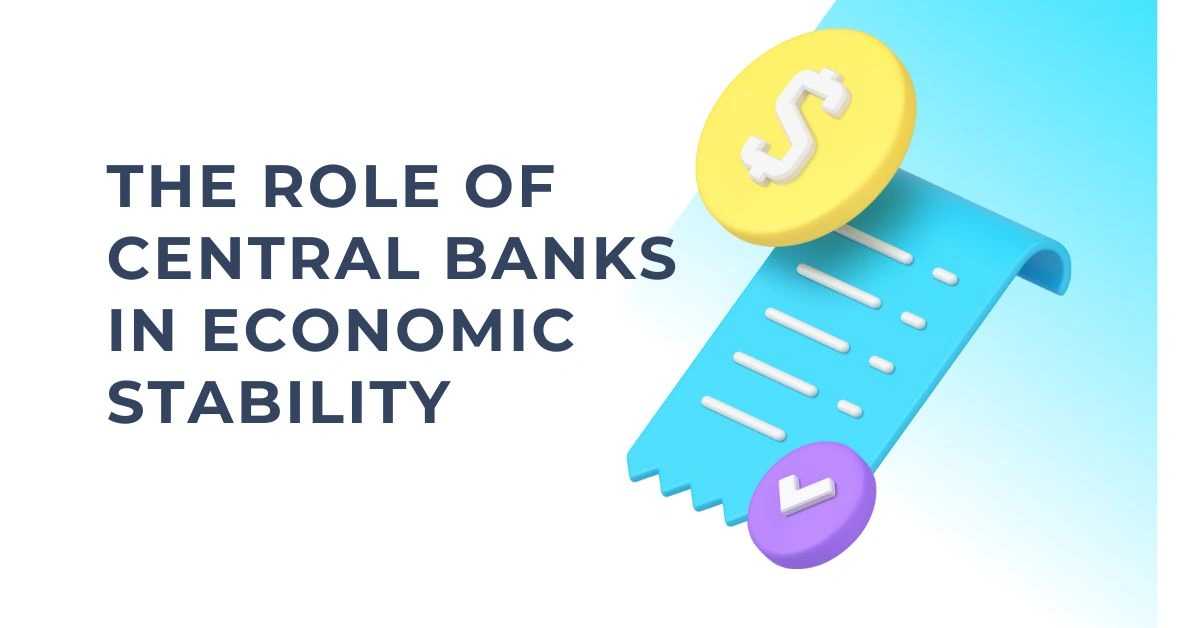As the foreign exchange market has grown proportionally as the need for LPs. A liquidity provider is a company or financial institution that provides liquidity to the forex market by making two-sided markets in currency pairs. In other words, they are always willing to buy or sell a currency pair at the best available price.
Liquidity providers play an important role in the forex market by ensuring that there is always someone available to trade with. This is especially important in times of volatility when prices can move very quickly and there may not be enough buyers or sellers to match all of the trades that need to be made.
There are a number of different types of liquidity providers in Forex, including banks, hedge funds, and other financial institutions. Each type of LP has its own strengths and weaknesses, so it’s important to choose the right one for your needs.
- Banks are the largest and most well-known type of LP. They have deep pockets and can make large trades without affecting the market too much. However, they can also be very risk-averse, so they may not be willing to take on much riskier trades.
- Hedge funds are another type of FX liquidity provider. They tend to be more aggressive than banks and are often willing to take on more risk. This can make them more profitable, but it also means that they can cause more volatility in the markets.
- Other financial institutions, such as insurance companies and pension funds, can also act as LPs. These companies often have large amounts of cash that they need to invest, so they can provide a steadier flow of liquidity to the market.
So How to Find The Best LP?
How do you find the best Forex liquidity provider? There is no one-size-fits-all answer to this question, as the right LP for your needs will depend on a number of factors specific to your business. However, there are a few key considerations that you should keep in mind when choosing an LP.
First and foremost, you need to make sure that the LP you choose is regulated by a reputable financial authority. This will ensure that they are subject to strict financial rules and regulations and that they have the necessary experience and expertise to provide you with high-quality service.
Second, you need to consider the fees charged by the LP. Make sure to compare the fee structure of various providers before making your final decision. You should also ask about any hidden fees or charges that may be applicable.
Finally, you need to make sure that the LP you choose has a good reputation. You can check online reviews and testimonials to get an idea of the quality of service offered by different providers. Once you have shortlisted a few potential providers, you should contact them directly and ask any questions you may have about their services.
The Benefits
There are a number of benefits to using an LP. First and foremost, it can help you get better pricing on your trades. This is because LPs have access to large amounts of capital, which they can use to buy or sell currencies at more favorable rates.
Another benefit of using a Forex liquidity provider is that they can help you execute your trades faster. This is because they typically have high-speed trading systems in place that can quickly match buyers and sellers.
Finally, using a liquidity provider can help you reduce your risk. This is because they typically offer some form of protection against market volatility. For example, some providers may offer stop-loss orders that automatically close out your position at a predetermined price if the market moves against you.
The Risks
While there are a number of benefits to using a liquidity provider, there are also some risks to consider :
- First and foremost, you need to be aware that these providers typically charge higher fees than traditional brokerages. This is because they are providing a service that requires them to take on more risk.
- Another risk to consider is that your trades may be executed faster than you would like. This is because the provider will typically use high-speed trading systems to match buyers and sellers. As such, you may not have time to react to sudden changes in the market.
- Finally, you need to be aware that your account may be subject to greater volatility when using a liquidity provider. This is because the provider will oftentimes place their own trades in the market in order to provide liquidity. As such, their trades can have a significant impact on the price of currencies.
To Use or Not to Use
You should consider using a liquidity provider when you need to execute trades quickly or get better pricing on your trades. However, you need to be aware of the higher fees charged by these providers and the greater volatility that your account may experience.
You should avoid using an LP if you are not comfortable with the risks associated with their services. Additionally, you may want to avoid using these providers if you do not trade frequently or do not require the extra liquidity that they can provide.
In conclusion, using an LP can be a great way to get better pricing on your trades or execute them more quickly. However, you need to be aware of the risks associated with their services, including higher fees and greater volatility. If you are not comfortable with these risks, you may want to avoid using a liquidity provider.














